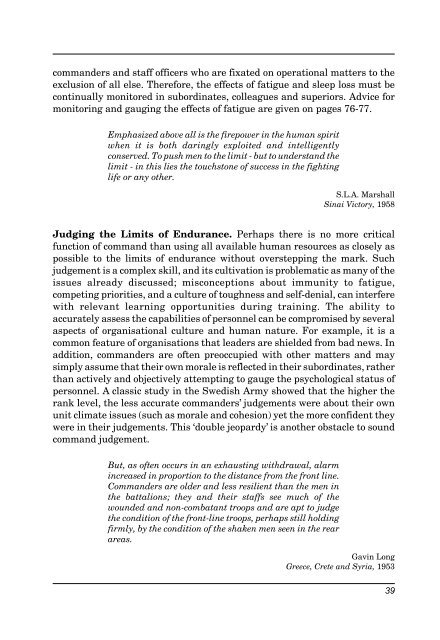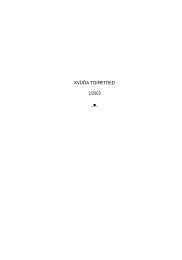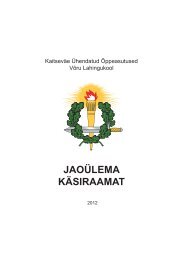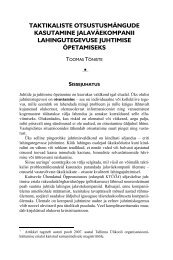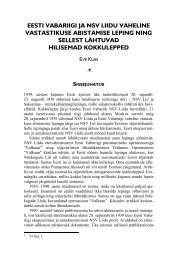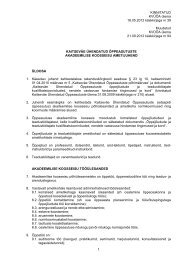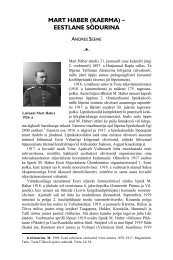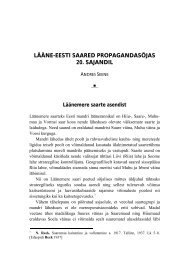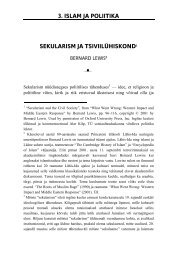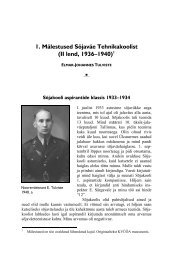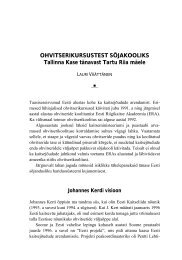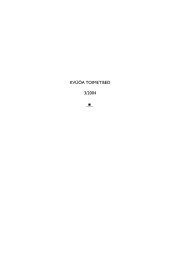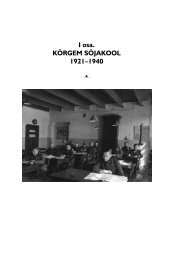Fatigue Management
Fatigue Management
Fatigue Management
Create successful ePaper yourself
Turn your PDF publications into a flip-book with our unique Google optimized e-Paper software.
commanders and staff officers who are fixated on operational matters to the<br />
exclusion of all else. Therefore, the effects of fatigue and sleep loss must be<br />
continually monitored in subordinates, colleagues and superiors. Advice for<br />
monitoring and gauging the effects of fatigue are given on pages 76-77.<br />
Emphasized above all is the firepower in the human spirit<br />
when it is both daringly exploited and intelligently<br />
conserved. To push men to the limit - but to understand the<br />
limit - in this lies the touchstone of success in the fighting<br />
life or any other.<br />
S.L.A. Marshall<br />
Sinai Victory, 1958<br />
Judging the Limits of Endurance. Perhaps there is no more critical<br />
function of command than using all available human resources as closely as<br />
possible to the limits of endurance without overstepping the mark. Such<br />
judgement is a complex skill, and its cultivation is problematic as many of the<br />
issues already discussed; misconceptions about immunity to fatigue,<br />
competing priorities, and a culture of toughness and self-denial, can interfere<br />
with relevant learning opportunities during training. The ability to<br />
accurately assess the capabilities of personnel can be compromised by several<br />
aspects of organisational culture and human nature. For example, it is a<br />
common feature of organisations that leaders are shielded from bad news. In<br />
addition, commanders are often preoccupied with other matters and may<br />
simply assume that their own morale is reflected in their subordinates, rather<br />
than actively and objectively attempting to gauge the psychological status of<br />
personnel. A classic study in the Swedish Army showed that the higher the<br />
rank level, the less accurate commanders' judgements were about their own<br />
unit climate issues (such as morale and cohesion) yet the more confident they<br />
were in their judgements. This ‘double jeopardy' is another obstacle to sound<br />
command judgement.<br />
But, as often occurs in an exhausting withdrawal, alarm<br />
increased in proportion to the distance from the front line.<br />
Commanders are older and less resilient than the men in<br />
the battalions; they and their staffs see much of the<br />
wounded and non-combatant troops and are apt to judge<br />
the condition of the front-line troops, perhaps still holding<br />
firmly, by the condition of the shaken men seen in the rear<br />
areas.<br />
Gavin Long<br />
Greece, Crete and Syria, 1953<br />
39


